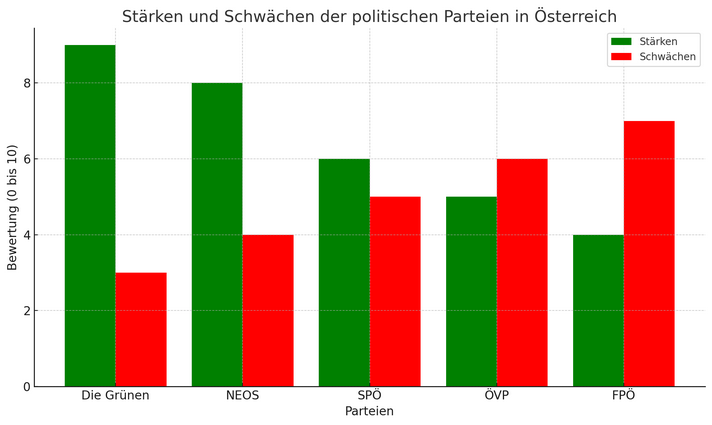

"You can have data without information, but you can't have information without data."
Daniel Keys Moran
When I first came across the term "data space" a few months ago, I was initially confused. As a telematics engineer, I have become familiar with a number of models for storing and distributing data. So what is new and innovative about it? Even in knowledge management research , the term "data" could be described very clearly, whereas we spent hours discussing with colleagues what information or knowledge is. This raised the question for me: why do we now need a new model or the term "data spaces" for the management of data?
Through a conversation with members of the board of the DIO – Data Intelligence Offensive for Austria, I was able to quickly recognize the idea behind the Data Spaces and the innovation potential associated with them. "Data is the new oil": this alludes to the value of data in today's world. I would say that the comparison is somewhat misleading, as data can be used several times and a barrel of oil can only be used once. However, the value of data comes primarily from networking and collective use. There is little point in just cultivating your own data garden.
The concept of data spaces provides a marketplace for data, where every data creator can contribute their data in a data space in compliance with special rules or gain access to relevant data. The database can provide a good basis for new business opportunities for each individual user. The relevant data of a data space member is continuously mirrored from the local (shared) source into the data space. And this data can also contain a set of rules for use with a "smart contract". This allows access to data to be regulated very precisely and with fine granularity.
Given that there are many different "data screamers" in Austria, where it is usually not even known what is behind the hedge, the selective provision of data offers a great opportunity for innovation in the development of new solutions and applications. This is made possible by greater transparency and intelligent data networking across different sectors. Municipal snow clearing services, for example, have long been accessing weather data in order to optimize deployment plans for vehicles and drivers. What other data would be interesting to network for this application and what other benefits could arise from this?
Almost every company produces data. An initial consideration in terms of developing digital business models can be to clarify the question of who else this data could be relevant for. This results in opportunities for cooperation, where someone could exchange data for data or someone could buy access to data. Transparency and data diversity could also be a source of creativity in the innovation process, resulting in new applications that were previously not possible as a single company. The data.gv.at domain, for example, already contains data on various sectors. The international knowledge base and standardization of data spaces is bundled in the International Data Spaces Association.
Local data space providers are currently establishing themselves and must ensure the necessary trust in data storage. Data security and data integrity will be decisive for participation in the network. Local networking will not be sufficient for many applications. At the very least, a European dimension will have to be strived for and regulatory coordination and regulations are already in place.
What prospects will Data Spaces open up for your company and what data is particularly important for this?
I look forward to your feedback and wish you a restful and creative Sunday!
Reinhard Willfort, Innovation Doctor, www.willfort.at
Let’s innovate together!
I am happy to provide further support for innovation projects as an innovation doc, sparring partner and co-thinker: Book your free innovation consultation now!





